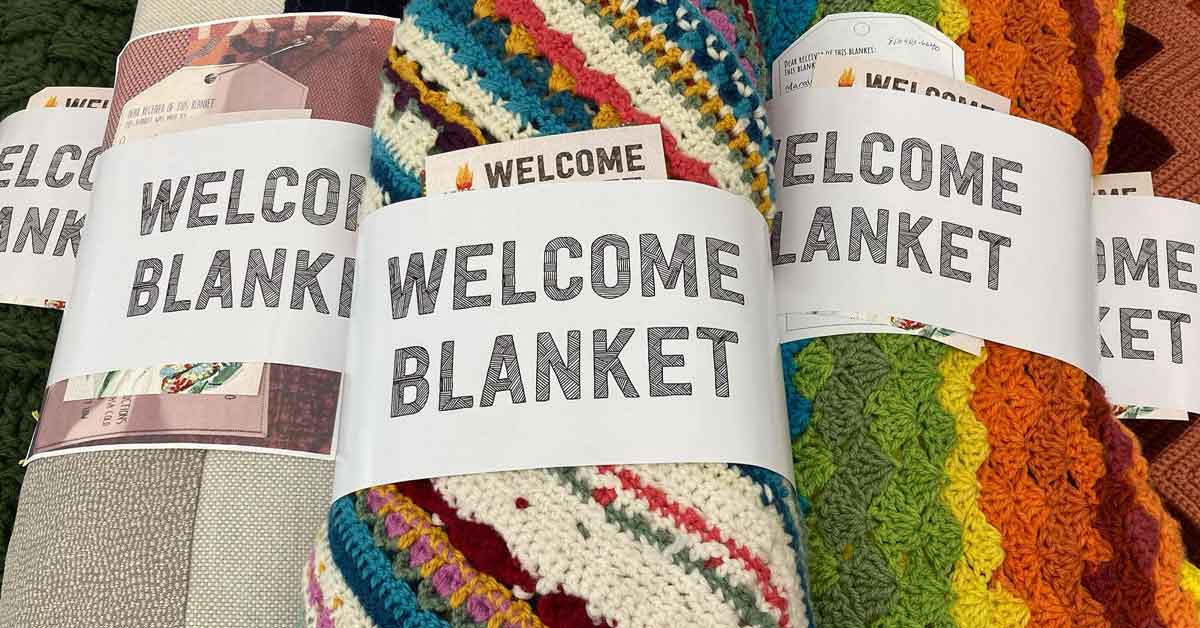Billie Eilish knows what she was made for.
The pop star has long had a reputation for her devotion to sustainability initiatives in the music industry, from paying for fans to use public transportation to get to concerts, creating vinyls with recycled plastics, headlining solar-powered festivals, and more, she walks the walk when it comes to changing the industry for the better.
Her latest venture is working with her music label, Universal Music Group, to “upcycle” unsold concert merchandise.

Along with UMG’s merchandise arm, Bravado, Eilish and her mother, Maggie Baird, have been spearheading an initiative that would take decades’ worth of unsold apparel from a massive Nashville warehouse and give them a new life.
“We are drowning in clothes on this planet, much of which is in landfills, much of which is shipped to other countries to pollute their waters and their land,” Baird said in a statement.
“I think we have to be extremely thoughtful about what merch gets put out in the world — why does it exist, how is it made, and what happens to it in its second life?”
Now, thanks to Eilish and Baird’s help, Bravado will send 400,000 shirts from that warehouse to Morocco, where Spanish clothing designer and manufacturer Hallotex will turn many of them back into cotton yarn, spinning them into new, recycled cotton shirts.

For the items that can’t be recycled, shirts will be shredded and turned into fabric for housing insulation. According to a press release, once the process is complete, Bravado will have about 280,000 new shirts to use for artist merch in Europe this fall.
Eilish and Baird have long been proponents of upcycling merch, with the option already available in Eilish’s online store.
“We asked for [sustainable merch options] even before she was big,” Baird said. “It was a little bit like pushing a boulder up a hill for a long time.”
For Earth Day this year, the singer partnered with three small clothing labels to create one-of-a-kind iterations of her merch.
“Billie has teamed up with three rising businesses that are leading the charge in the sustainable production space,” her website reads. “These capsules showcase how style, innovation, and creativity can coexist in the things we make, while being mindful of the impact on our planet.”
While these unique collections are exciting for fans, the new initiative at UMG, which is home to dozens of recording brands and labels, will scale up the “upcycled” offering to reach a more mainstream audience.
“Billie Eilish’s mother, Maggie Baird, was at the forefront of challenging us to develop products and practices that were less harmful to the planet. In a way, this scalable upcycling effort is a credit to her passion — she and Billie show the power that one artist has to really make a difference,” Bravado president Matt Young said in a statement.
“What started with Billie now includes dozens of artists, an upcycling program at scale and a passionate desire to continue our progress in this area.”
UMG’s head of sustainability Dylan Siegler added that, to the company’s knowledge, this marks “the most ambitious upcycling project ever undertaken in the artist merchandise space.”

Although more sustainable options often mean a higher cost, leaders in the industry are interested in seeing how the chips may fall, especially given the role merchandise plays in the market as artists turn to posters, tees, and tote bags to pay the bills over record sales.
As Young told Fast Company, this initiative is intended to “unlock the economies of scale that come with mass production of sustainable options.” And for now, he said, Bravado will absorb any additional costs associated with the recycled shirts from Hallotex.
Plus, Eilish’s stamp of approval helps get other artists on board.
“If we get more participation [from artists], we can figure out how to get companies with the technology in America to scale to where we can do this locally,” Young added. “Our ultimate goal is to get this to be such a widely accepted practice that the price drops to the point where people won’t even care or notice that a shirt is an extra couple bucks.”
And as Eilish describes for her existing “upcycled” collection with Lost Love, this kind of merchandise carries much greater significance than a mass-produced tee with a singer’s face on it.
“[These] garments reflect the belief that sustainability isn’t a trend — it’s a responsibility,” Eilish shares on her web store. “And that the most beautiful things are often the ones with a history.”
Header images courtesy of Billie Eilish/UMG/Bravado



